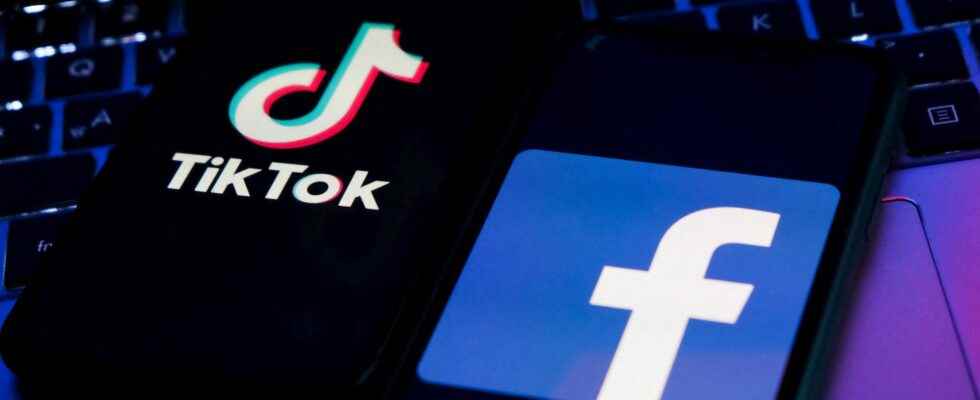End clap for TikTok at the European Commission. On Thursday, February 23, the institution banned its employees from using the Chinese video-sharing social network until March 15, due to “data protection problems” which would constitute “a threat to its cybersecurity”.. Similar measures will be taken by the European Council, the body of member states headed by the Belgian Charles Michel, said his spokesman. TikTok, whose parent company ByteDance is Chinese, is indeed suspected of allowing the Chinese government to access its users’ data, so much so that Canada launched a few hours after an investigation aimed at establishing “if the practices of the organization comply with Canadian privacy laws”.
In the United States, a law ratified by President Joe Biden in early January already prohibits the downloading and use of TikTok on the devices of US federal government officials. About 20 US states have taken a similar measure for their own employees. In the EU, ByteDance is being investigated by the Irish Privacy Authority on suspicion of breaching EU data protection law (GDPR) regarding the processing of personal data children and data transfers to China.
“When you use a social network, apart from the fact that it infects your device, you give access to personal data. They have enormous value and allow artificial intelligence to work”, said David Cormand, MEP for Europe -Ecologie Les Verts (EELV), on the plateau of France news. “We are disappointed with this decision, which we believe is wrong and based on misconceptions,” a TikTok spokesperson said in a statement. A blow for the application, especially since it will soon have to comply with the Digital Services Act (DSA), which will come into force in September 2023.
Improve moderation on social networks
Drafted by Margrethe Vestager, Vice-President of the European Commission, and Thierry Breton, European Commissioner for the Internal Market, this new legislation on digital services aims to make the Internet a safer space for European citizens, by improving especially moderation on social networks. Concretely, the text requires platforms to acquire additional human and technical resources to remove illegal content (homophobic, racist, pornographic, illegal products, etc.), and suspend users who “frequently” publish this content.
Publish reports on the moderation of their content
At the same time, the DSA aims for greater transparency, by requiring web giants to publish regular reports on the moderation of their content, as well as information “on the policies, procedures, measures and tools used for content moderation purposes. , including algorithm-based decision-making”. In addition, the text will allow the European authorities to demand access to these algorithms, otherwise it will be able to sanction companies up to 6% of their annual turnover. TikTok has 150 million monthly active users in Europe. Like Twitter, Instagram, Facebook and Google, the tablet will thus be considered a “Very large online platform” (VLOP) by the European Union. It must, as such, submit to all the obligations provided for by the DSA.
“A younger audience brings greater responsibility. As a platform reaching millions of young Europeans, TikTok must fully comply with EU law, including the DSA,” warned Thierry Breton on January 19. The CEO of TikTok, Shou Zi Chew, meanwhile, reassured the European regulator and reiterated his commitment to comply with the legislation, in addition to highlighting the efforts made by TikTok to comply with EU rules on privacy. protection of privacy, but also to combat misinformation. In November, the social network admitted that some employees in China could access European user data and admitted in December that employees had used this data to stalk journalists. But the group still fiercely denies any Chinese government control or access to its data.
